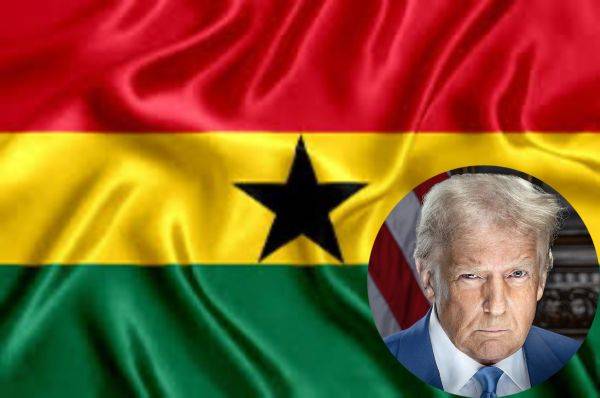Here are all the 36 countries including Ghana that face a possible ban from entering US
The specter of US travel restrictions looms over a significant group of nations, with Ghana finding itself among approximately 36 countries potentially facing entry bans or severe visa limitations. This situation stems not from a single new "ban," but from the complex evolution of US immigration enforcement policies, particularly concerning the repatriation of citizens.
The foundation lies in the controversial travel restrictions initially implemented in 2017 (often referred to as the "Muslim Ban") and expanded in subsequent years. While the current list of countries under active, comprehensive restrictions is smaller (including nations like Iran, Libya, North Korea, Somalia, Syria, Venezuela, and Yemen), a much broader group faces a different kind of pressure.
Ghana's inclusion highlights this wider net. In early 2024, the US Department of Homeland Security (DHS) identified Ghana as "recalcitrant" under Section 243(d) of the Immigration and Nationality Act. This designation means the US government accuses Ghana of unreasonably refusing or delaying the acceptance of its citizens ordered deported from the United States.
The consequence? Potential visa sanctions. Section 243(d) empowers the US Secretary of State to impose visa restrictions on specific categories of applicants (like government officials or certain visa types) or even broader classes from non-compliant countries. The goal is coercive: to pressure nations into cooperating on deportations.
Ghana is not alone. The State Department periodically updates its list of countries subject to or at risk of these visa sanctions. This list fluctuates but often includes around 30-35 nations at any given time. Other African countries frequently cited include Eritrea, Guinea, Sierra Leone, and Cameroon. Nations from other regions, such as Cambodia, China, Cuba, and Guyana, have also faced similar pressures.
Crucially, this does not mean an immediate, blanket ban for all citizens of these 36 countries, including Ghana. The situation is fluid. Sanctions, if imposed, are often targeted. However, the designation creates significant uncertainty and hurdles for travelers, students, and businesspeople from these nations. It signifies strained diplomatic relations centered on the contentious issue of deportation cooperation.
For Ghana and others on this list, the path forward involves intense diplomatic engagement to resolve deportation disputes and avoid the tangible consequences of visa sanctions, which can impact families, economies, and bilateral ties. The threat underscores the ongoing friction within the complex landscape of global migration and US enforcement priorities.



